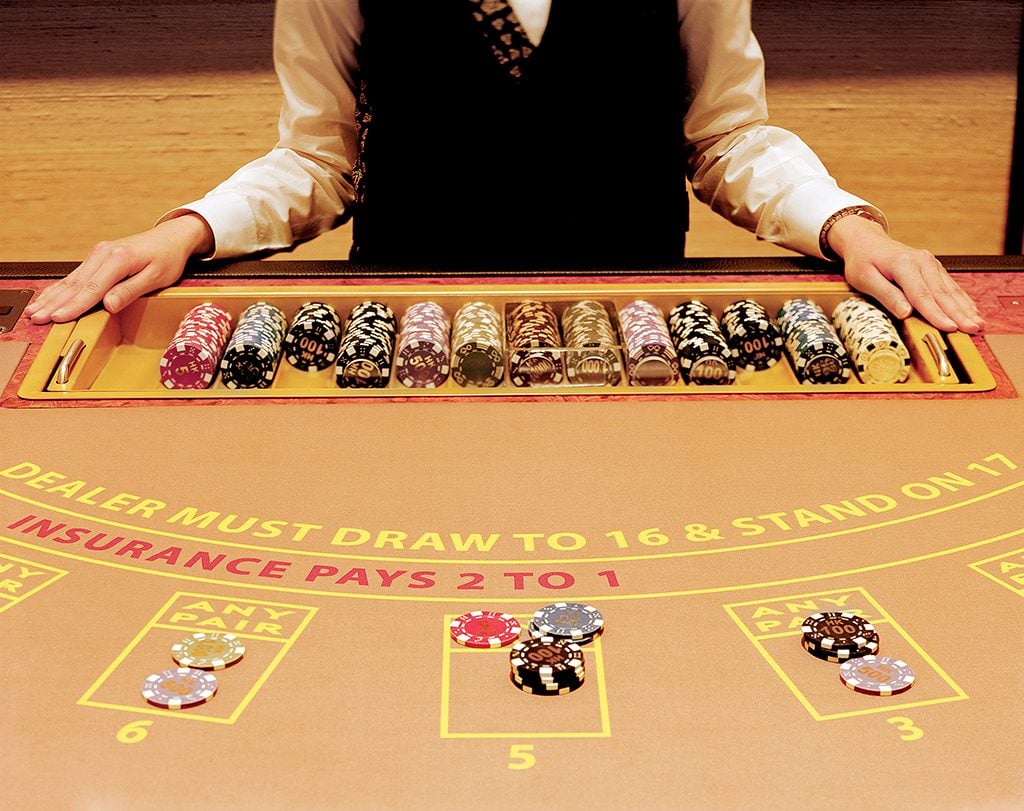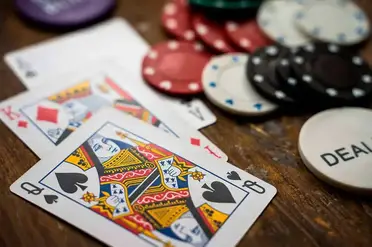How Much Do Poker Dealers Make
The way that poker dealers are paid means determining the actual amount you can make isn't easy. However, at most casinos in the US you will receive minimum wage payments for the duration of your.
There are a reported 96,900 casino dealers according to the U.S. Bureau of Labor Statistics, of which 31 percent work in casinos. Self-employed dealers make up approximately 13 percent of the dealers. As a self-employed dealer, you can work part time and choose hours that lead to having more time to spend with your family. The average poker dealer salary in United States is $29,487 or an equivalent hourly rate of $14. In addition, they earn an average bonus of $2,032. Salary estimates based on salary survey data collected directly from employers and anonymous employees in United States. The average Poker Dealer salary in Florida is $18,188 as of October 28, 2020, but the range typically falls between $16,473 and $20,837. Salary ranges can vary widely depending on the city and many other important factors, including education, certifications, additional skills, the number of years you have spent in your profession.

Have you ever considered being a casino dealer? The job might look like fun. Playing cards all day while talking with players! Of course, it's not quite that easy and those same players (you) can be a pain in the neck from time to time. Then again, no service-industry job doesn't have some drawbacks.
No industry is recession-proof, but casino jobs keep opening up because new casinos are still being built. And, there are reasons you might want to work at a casino.
Casino Dealer Salary In Las Vegas, NV - Indeed
Top Ten Reasons to be a Casino Dealer
How Much Do Poker Dealers Make A Year

Poker Dealer Annual Salary In Las Vegas, NV ($25,313 Avg ...

- Pay. Dealers can make as much as $100,000 per year. The average dealing job at a small casino only pays half that much, but many do pay more than $25 per hour. That's a pretty good starting pay, right?
- Minimum Education Needed. As little as two weeks of training may be all that is required. Some casinos offer in-house training to existing employees for dealer positions. Other properties hire experienced dealers and/or those who have successfully graduated from a dealing school. Fees for dealing schools typically run $500 to learn blackjack and slightly more for complicated games like craps and roulette.
- Benefits. Many casinos are part of very large corporations, and they offer excellent benefits. Bonuses and 401K match programs are second only to medical benefits. Many casinos also offer tuition reimbursement for job-related college classes. Ask at the Human Resources department to find out about everything that's offered.
- Working Conditions. Although many casinos still allow smoking, most dealers find that the working conditions and perks are excellent. Good ventilation, good lighting, and a clean environment are standard. Employee dining rooms can rival nice restaurants, and some properties, like the Wynn in Las Vegas, offer dining that is off the charts. Some employee dining rooms are free, others offer meals for as little as a dollar or two.
- Scheduling. Most casinos offer 24-hour gaming, so dealers can work any shift. Time-off is usually easy to get, and an early-out to accommodate an emergency is often available.
- Tips. A dealer's pay is based heavily on tips. At a go for your own casino, dealers keep their own tips and have a huge impact on how much they earn. The harder they work at being friendly and taking care of their guests, the more they will earn. At a split-joint, all tips are pooled and shared between dealers, based on how many hours are worked.
- Breaks. Most dealers work an hour and a half and then get a half-hour break. That means the total hours actually worked during an 8-hour shift is really just 6 hours!
- Flexible Personal Time Off. More and more properties are offering personal time off instead of vacations. Dealers earn a few hours of paid time off each week and can schedule their own days off or vacations in advance.
- Comradery. Dealing makes for good stories and personal experiences. There is plenty of time to chat with fellow employees when you get two hours of breaks every day!
- Mobility and Transfers. Many casino properties allow dealers to move from one company-owned property to another, as the need arises - even to different states. Casinos also offer a wide variety of jobs and experienced dealers are qualified for many of them, even if they stay in the department and take a job as a Pit Boss.
There are other reasons that a casino dealer job is a perfect fit for people whether they are looking for a part-time or temporary job while going to college, or want to land a permanent position. Dealing isn't for everyone, but many people find the job fun and exciting and make a career of it.
No matter what your abilities, there are a lot of different casino jobs.